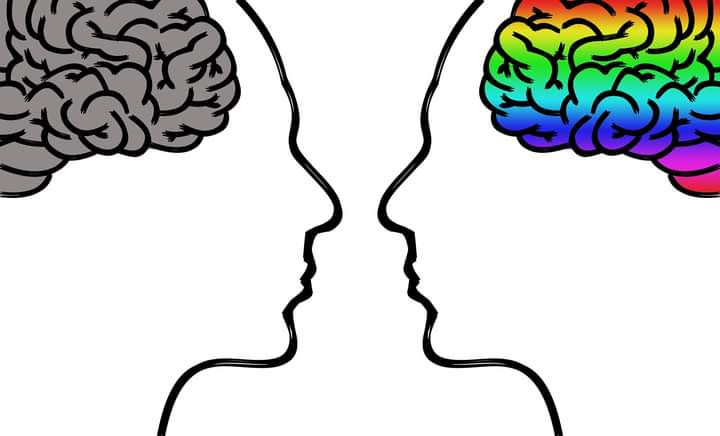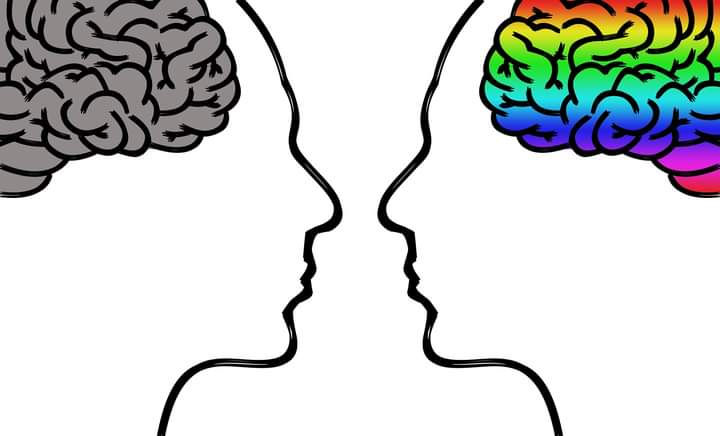Hypochondria, what is it? Exaggeration or disease?
- Debora Wiseman
- 22 de nov. de 2022
- 3 min de leitura

Hypochondriasis is a psychic disorder whose main characteristic is the irrational fear of getting sick.
Above all, this disease is linked to the obsession with prevention and treatment when noticing any physical
symptoms. In severe cases, hypochondriasis leads to the search for several doctors and the repetition of exams.
Hypochondriasis is a psychic disorder listed in the International Classification of Diseases (ICD-10). In addition, it is
often associated with Obsessive Compulsive Disorder (OCD), as well as other emotional illnesses. It requires
attention and treatment.
Hypochondria causes serious damage in several aspects, such as emotional, financial, professional and, mainly,
physical. This is even more worrying in times of the internet. After all, we have easy access to information that can
be misinterpreted. It's called cyberchondria.
In hypochondria, the patient tends to feel a lot of anxiety and nervousness about the health of his physical body. A
patient with hypochondriasis believes that he is suffering from a serious illness, even without showing symptoms or
clear signs that indicate that condition may be affecting his body.
The hypochondriac shakes himself so intensely that he feels sick, even without any medical diagnosis. The good
news is that there is treatment for hypochondria, allowing you to enjoy a better quality of life.
Hypochondria: exaggeration or disease?
Hypochondriasis generates such an obsession with health that the slightest symptom is a cause for concern,
anguish, anxiety, stress and fear. For example, a pain in the stomach can make the hypochondriac think he has
stomach cancer. It sounds like exaggeration or pretense, but it is a serious problem.
What are the symptoms of hypochondriasis?
The main symptoms of hypochondria are:
Seizure;
Intense and prolonged anxiety;
Fear related to any manifestation in health;
Excessive concern about health;
Frequent medical appointments;
Disbelief in health professionals;
Obsessive thinking of serious illness;
Social isolation;
Somatic symptom disorder.
How the diagnosis is made
The diagnosis of hypochondriasis can be made by a psychiatrist or psychologist by observing the person's behavior
and concerns. This excessive concern about having an illness must last for at least 6 months, in addition there
must be no other associated psychiatric disorders.
Lab tests can be done to check thyroid function and also for alcohol and drug abuse.
Some situations can increase a person's chance of developing hypochondriasis:
History of a serious childhood illness
Living with family members or acquaintances with a serious illness
Death of a loved one
Having an anxiety disorder
Having close family members with a history of hypochondriasis
Childhood trauma, such as abuse and neglect.
Possible complications
The main complications of hypochondria are:
Health risks from unnecessary medical procedures
Depression
anxiety disorders
Excessive anger and frustration
substance abuse
Problems in relationships, work or school and even high expenses with medical procedures and appointments.
How to treat hypochondria?
Treatments for hypochondria include: psychiatry, psychotherapy, use of medication, such as antidepressants,
especially in cases where the hypochondriac is diagnosed with other disorders, such as anxiety disorder and
depression. In the most serious cases, it may even be necessary to take antidepressants, anxiolytics and
tranquilizers under medical advice, especially if there is anxiety and depression.
Alternative holistic therapies are also highly recommended by specialists to help in the healing process.
In addition to all this, the practice of physical exercises, healthy eating habits, and behavioral changes is also
recommended. All these actions are fundamental for the success of the treatment for hypochondriasis and for the improvement of the individual's quality of life.
More importantly, the constant support of family and friends will be the mainstay of healing.
If necessary, do not hesitate to seek professional help from competent therapists.
IMPORTANT: We are Holistic Therapists and our treatment is alternative. Even presenting satisfactory results, it is
essential to emphasize that only duly qualified physicians can diagnose diseases, recommend treatments and
prescribe medication.
All the best.
See you next week
Shalom!
Debora and Daniel Wiseman





Comentários